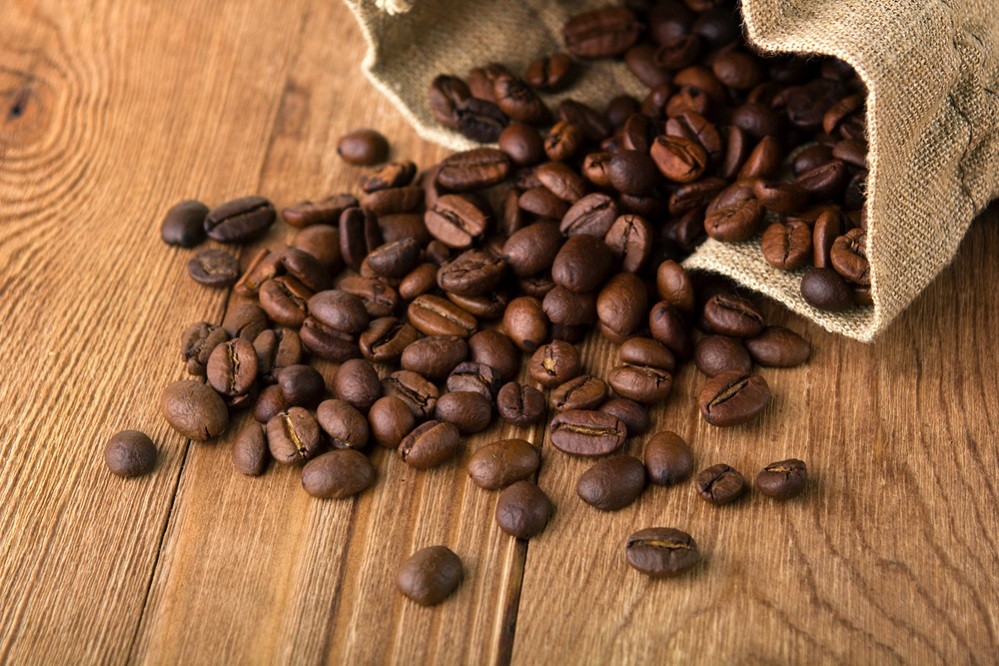Popular Reads
Top Results
Can't find what you're looking for?
View all search resultsPopular Reads
Top Results
Can't find what you're looking for?
View all search resultsMerapi farmers offer new variants to lure coffee enthusiasts
Merapi coffee farmers have reportedly upped their game by offering new variants of coffee and ways of brewing it.
Change text size
Gift Premium Articles
to Anyone
Those visiting Mount Merapi in Sleman, Yogyakarta, may want to try its various coffee flavors.
As reported by tempo.co, coffee farmers on the mountain slope have upped their game by offering new variants of coffee and ways of brewing it.
"Now there are three options of Merapi coffee: honey, luwak and wine. All available from robusta and arabica types," said Supardi, a member of Tunas Harapan Coffee Farmers Group in Pentingsari hamlet, Umbulharjo village, Cangkringan district, Sleman regency, during Merapi Coffee Festival 2018 held at the hamlet on Wednesday.
Honey coffee offers a sweet taste and is said to be the next signature Merapi coffee. The sweetness is managed when the red coffee beans are processed, without any additional treatment.
The processing of coffee beans for honey coffee starts from picking the beans, drying them under sunlight, roasting and then grounding them without adding other materials or techniques. "So [it is made] manually. The signature is in the sweetness," said Supardi.
Meanwhile, luwak coffee is made from coffee beans that are digested by civets. The coffee beans picked up by the farmers to be processed are very limited in amount as they only have three civets who do not necessarily eat all the coffee beans provided. Hence in a month the farmers usually only produce three ounces of this coffee. "I've always chosen the best coffee beans [for the civets], the red ones. However what's best according to me doesn't necessarily suit the civets' interest," said Supardi.
Read also: Merapi coffee shop draws tourists to Sleman
To ensure the coffee taste doesn't get contaminated with other foods consumed by the civets, the farmers usually do not give them any food a day prior to coffee bean eating time.
The price of Merapi luwak coffee reaches Rp 1 million (US$67.12) per kilogram, or Rp 100,000 to Rp 200,000 per glass of coffee. "It's quite difficult to differentiate the original luwak coffee with the fake one," he admitted.
As for wine coffee, the beans are fermented. This begins by immediately drying them after being picked, let them ferment for one month and then drying them again for between 20 and 30 days.
Rumah Kreatif Jogja's business development program director Febriyo Hadikesuma told tempo.co that the welfare of coffee farmers is usually low because of a lack of education from the local administration that can encourage them to look for comparisons to further develop the taste of their coffee.
"These coffee farmers should look for references to compare [their coffee] with other coffee [brands]; either in terms of plantation processes or brewing processes to further develop their coffee," said Febriyo. (kes)











